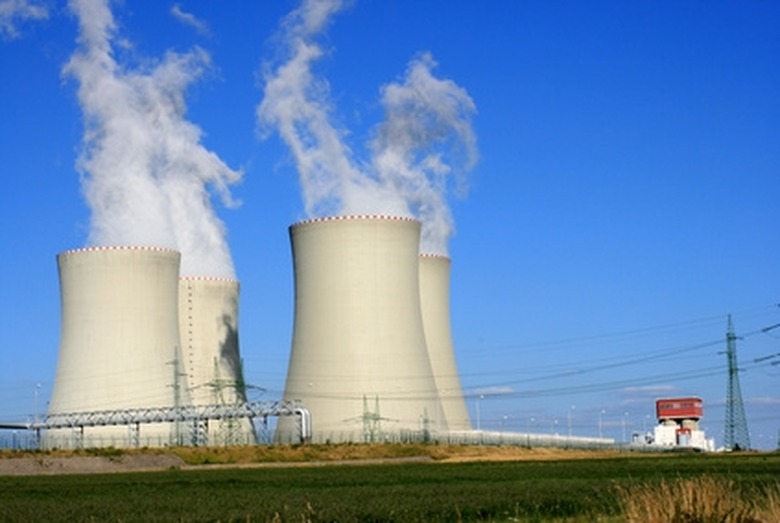What Is The Importance Of Nuclear Energy?
Nuclear energy has been one of the most controversial topics since its first research testing in the early 20th century. This awesome power has been used for life-saving procedures and horrific destruction of human life alike. Nuclear energy is the energy that binds subatomic particles together against magnetic forces. When unleashed, nuclear energy presents one of the strongest energy forms man has ever known.
History
History
The first recorded nuclear energy event was in 1896 by French physicist Henri Becquerel. He observed that photographic plates stored near a sample of uranium turned dark like X-ray film despite being in darkness. This event ultimately led to the discovery of nuclear forces within atoms and their eventual harnessing within atomic bombs and nuclear energy reactors.
Types
Types
Nuclear energy is defined by how it is propagated. Namely, there are three production methods for nuclear energy: radioactive decay, fusion and fission. All three of these nuclear energy-producing processes release particles, gamma rays, neutrinos or all three. Radioactive decay occurs naturally by way of heavy, unstable atoms breaking down over time. Fission and fusion produce nuclear energy by either splitting or fusing atoms, respectively.
Time Frame
Time Frame
Nuclear energy itself is everlasting and does disappear unless it is converted into another energy form. The time frame that is most relevant in regard to nuclear energy is that of its effects on physical and biological matter. Nuclear energy radiation has profound and lasting effects on biological life and ecological systems within areas of effect. Nuclear energy exposure leads to many pathologies in humans and other animals when exposure is above relatively small doses, including radiation poisoning, cancer and birth defects.
Benefits
Benefits
Though quite literally the tool by which one of the greatest atrocities perpetrated by man has been accomplished, the nuclear bombing of Hiroshima and Nagasaki in 1945, nuclear energy has also been of significant help to humanity. Nuclear energy aids in many medical procedures, such as nuclear MRI technology. Furthermore, the nuclear energy produced in nuclear power plants provides power for countless people in many countries, while reducing the need of ozone-depleting fossil fuels.
Considerations
Considerations
Nuclear energy has been a defining tool for human beings not just in medicine, warfare or scientific aid. Nuclear energy presents a tool in which the entirety of the human race can be extinguished over the course of one afternoon. All the bombs dropped in the Second World War equaled some 2 megatons. Today thermonuclear weapons have the destructive force of several tons of megatons. All the destructive force of the second world war several times over focused on one spot. Though this point has not come yet it is there looming. Nuclear energy is a tool that requires a mature society to wield and properly use.
Cite This Article
MLA
Dockery, Gabriel. "What Is The Importance Of Nuclear Energy?" sciencing.com, https://www.sciencing.com/importance-nuclear-energy-5049613/. 24 April 2017.
APA
Dockery, Gabriel. (2017, April 24). What Is The Importance Of Nuclear Energy?. sciencing.com. Retrieved from https://www.sciencing.com/importance-nuclear-energy-5049613/
Chicago
Dockery, Gabriel. What Is The Importance Of Nuclear Energy? last modified August 30, 2022. https://www.sciencing.com/importance-nuclear-energy-5049613/
